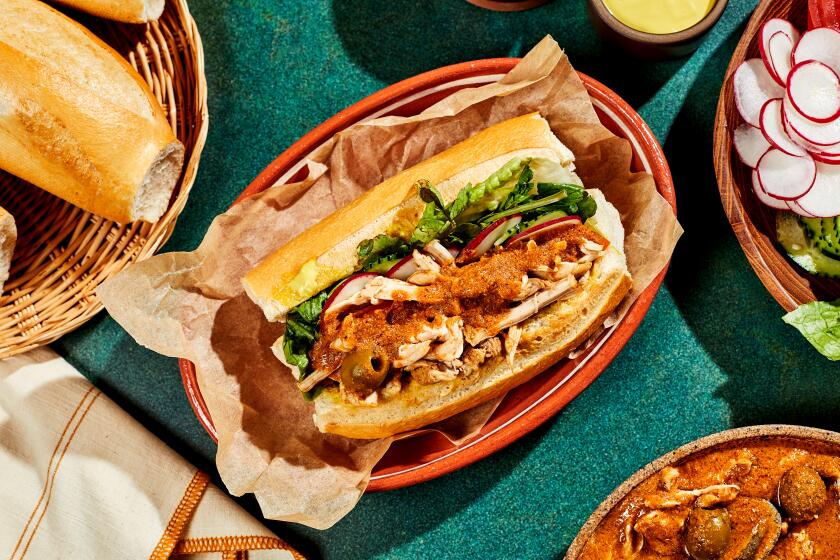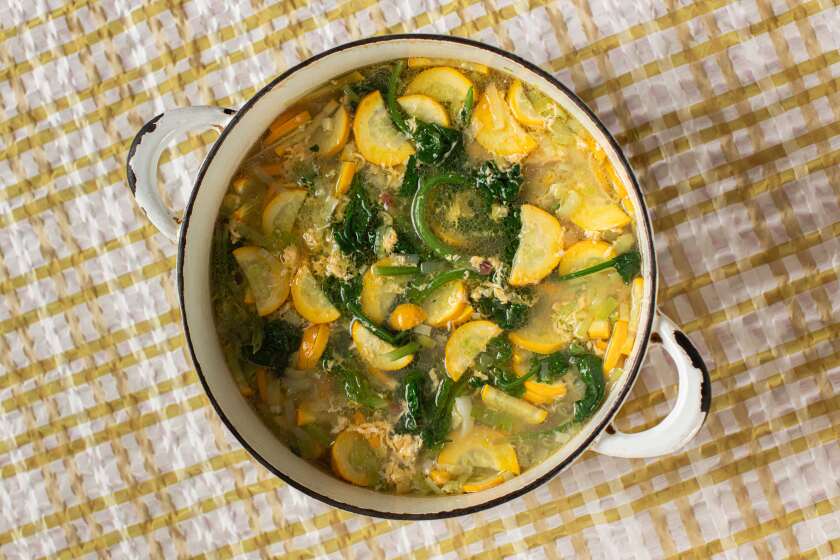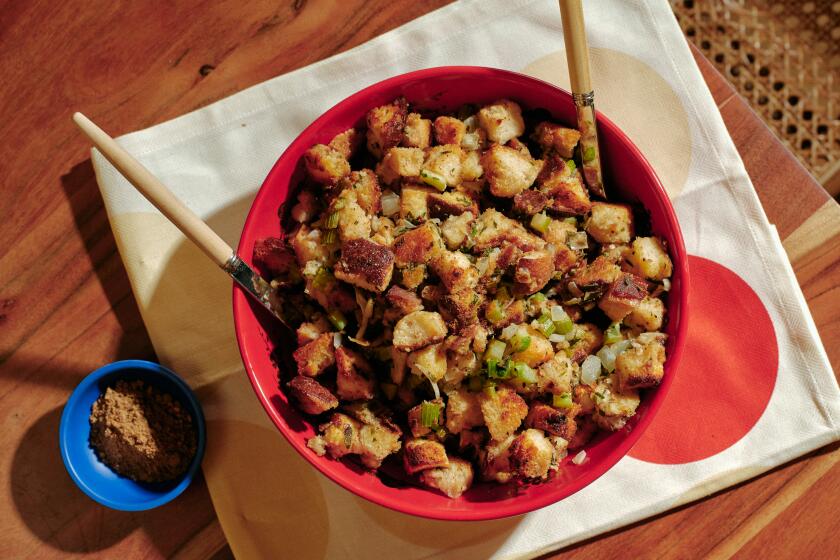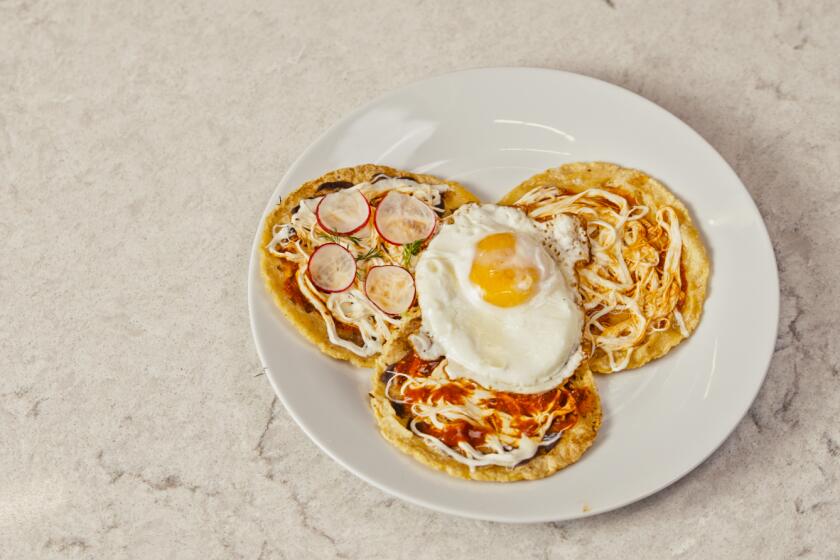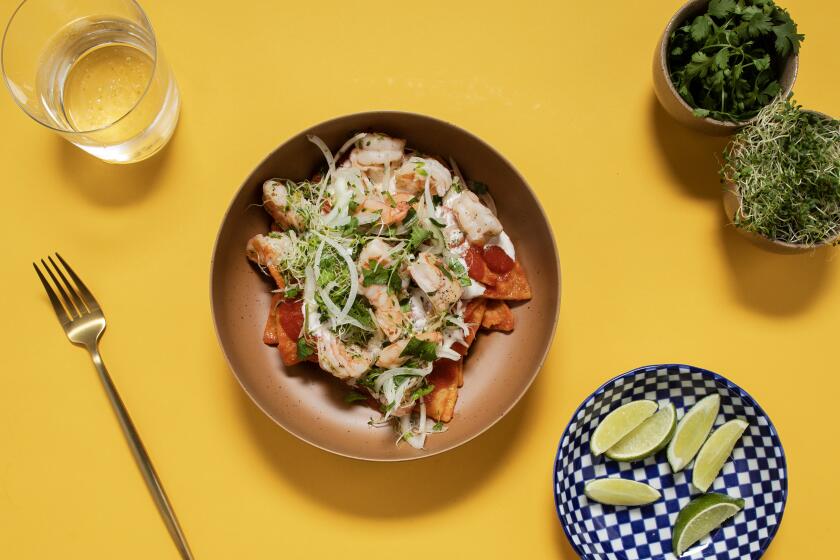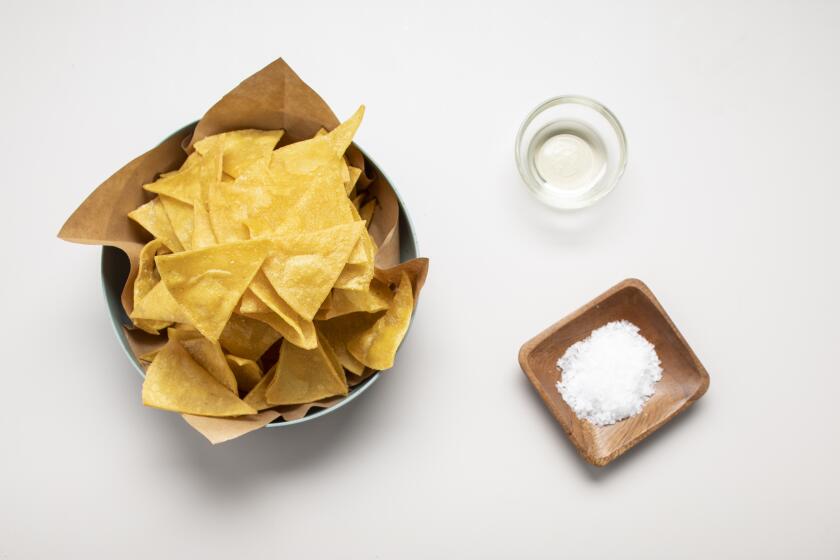Erez's Double Chocolate Braided Bread
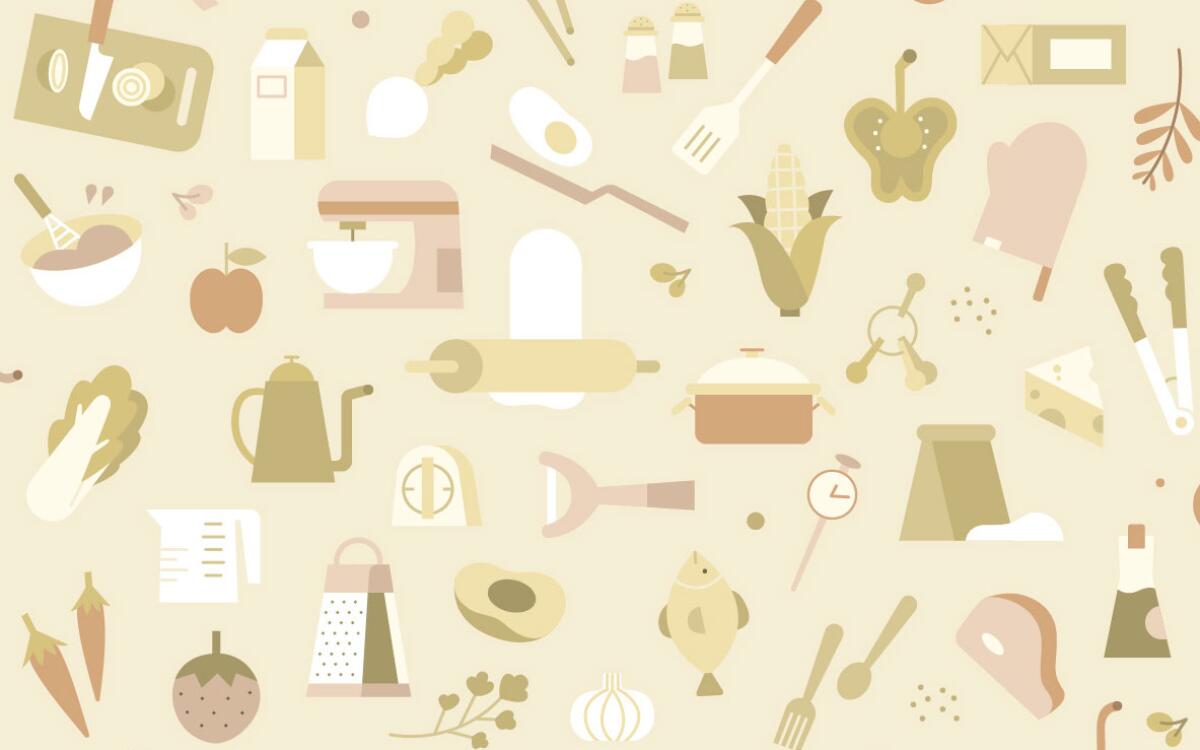
In the midst of the turmoil currently gripping Israel, a well-known Israeli chef called to tell me something very hopeful: A group of his Jewish and Arab-Israeli colleagues were gathering to prepare a joint meal in one of the villages near Haifa where disturbances have occurred. “We have worked so often together that we have built strong human relationships with each other,” he told me. “We can’t go back.”
I felt a sense of relief. It kept alive a dream I have had that Jews and Arabs can share the bounty of this land that they both claim.
I first went to Israel at the impressionable age of 26. There I worked as foreign press attache to the former mayor of the city of Jerusalem, Teddy Kollek. It was my enviable task to learn about the city, the conflicts that threatened to tear it apart and the common threads that make it a great city. It was also at that time that I learned about food as a bridge between cultures and as a link to our past.
To this day, whenever I go to Israel, I am constantly transporting myself, like a child playing make-believe, back to the gastronomic roots of Judaism, Christianity and Islam. The first time this happened was during a wonderful week spent in the sand dunes of the Sinai 30 years ago, where Bedouins continue to live much as the nomadic Israelites did when they were wandering the desert. I couldn’t help imagining myself as part of that ancient culture, sharing the stew that Sarah prepared for Abraham or the pottage of lentils that Jacob gave to his brothe1914717555 As I returned to Jerusalem after that week, layers of civilization and thousands of years unwound before me like a newsreel at each fork in the road. Through culinary haunts one can uncover the enormously exciting story of how these pioneers transformed a harsh land to one bursting with new produce and culture.
In the past five years, I have visited Jewish Israeli home cooks of Moroccan, Libyan and Iraqi backgrounds who may not be able to read and write but, using their hands to measure the heat near the stove, manage to turn out their crusty breads and delicious cookies. I have sat on the floor in Druze, Syrian Alawite and Kurdish kitchens, molding kibbeh : torpedo-shaped dumplings made of bulgur to be put either into soupy, lemony stews or deep-fried as finger food for weddings and other feasts. I have visited Palestinian villages where I have tasted sun-kissed figs plucked straight from the trees and Israeli-Arab villages where celebratory pancakes are baked in a tabun oven set into the earth and served stuffed with candied sesame seeds.
I have found falafel and hummus in tiny haunts throughout the country. And I have also tasted sophisticated modern dishes-- foie gras with tamarind sauce, even a luscious double-chocolate challah made at a New Age bakery with techniques learned abroad and brought back to Israel.
The food has changed tremendously in Israel in the past 10 to 15 years. Not only are there now serious innovative chefs trained in Paris and New York, but also ethnic food has reached a new popularity throughout the country in Jewish and Arab communities. People are becoming aware of the food of the land, making their own olive oil and goat cheese and producing marvelous wines.
Sadly, I could not have had those first experiences today. There is too much turmoil in the country that tears apart human relations. And so I feel especially privileged to have written my new book, “The Foods of Israel Today,” at a time when I could visit Arab villages throughout the country. Early on in my career I learned from Kollek that breaking bread is a way of breaking down political barriers.
For the past five years or so, Israeli and Arab chefs have been learning from each other in Israel. Although the times are difficult today, I take heart in all the times I have broken bread with people from all kinds of Arab backgrounds. I take heart from the many people I have interviewed and from my Israeli chef friend who, despite the disturbances, is in constant contact with Arab chefs.
When there is peace at some time in the future, these friendships will recommence. On my last trip to Israel a few months ago, I sat at lunch at a fairly new kibbutz in an oasis in the Arava Desert, a few miles from the Jordanian border. At meals people sat next to whoever came in before them.
During the height of the disturbances, an Arab worker sat next to me at breakfast. We shared our salt and pepper, passed the very fresh vegetables back and forth, sprinkled za’atar on our food, smiled, and ate together in peace.
*
Nathan is author of “The Foods of Israel Today” (Knopf, $40).
Dissolve the yeast and 1 tablespoon of the sugar in the lukewarm water in the bowl of an electric mixer. Let the mixture sit a few minutes, then add the softened butter and egg yolk and stir with the paddle. Slowly add the flour, salt, remaining sugar and cocoa. Change to the dough hook and knead until the dough becomes uniform.
Turn the bread onto a floured board, knead the chocolate into the dough and form it into a smooth round. Place the dough in a greased bowl, cover, and let it rise until the dough doubles in bulk, 2 to 2 1/2 hours.
Punch the dough down, divide in 6 equal parts on a floured board. Let rest for 20 minutes.
Roll 3 pieces of dough into a sausage about 12 inches long and 2 inches wide. Line up the 3 pieces side by side and braid, then pinch the ends together. Repeat with the other three. Place the two loaves on a baking sheet sprinkled with flour. Cover with a moist towel and let rise for an hour, until the dough doubles again.
Meanwhile, heat the oven to 375 degrees. Fill a pan with hot water and place it on the lower shelf of the oven. Bake the breads on the upper shelf for 20 minutes. Reduce the temperature to 350 degrees and bake until the bread sounds hollow when tapped, about 20 minutes. Serve warm.
Get our Cooking newsletter.
Your roundup of inspiring recipes and kitchen tricks.
You may occasionally receive promotional content from the Los Angeles Times.









